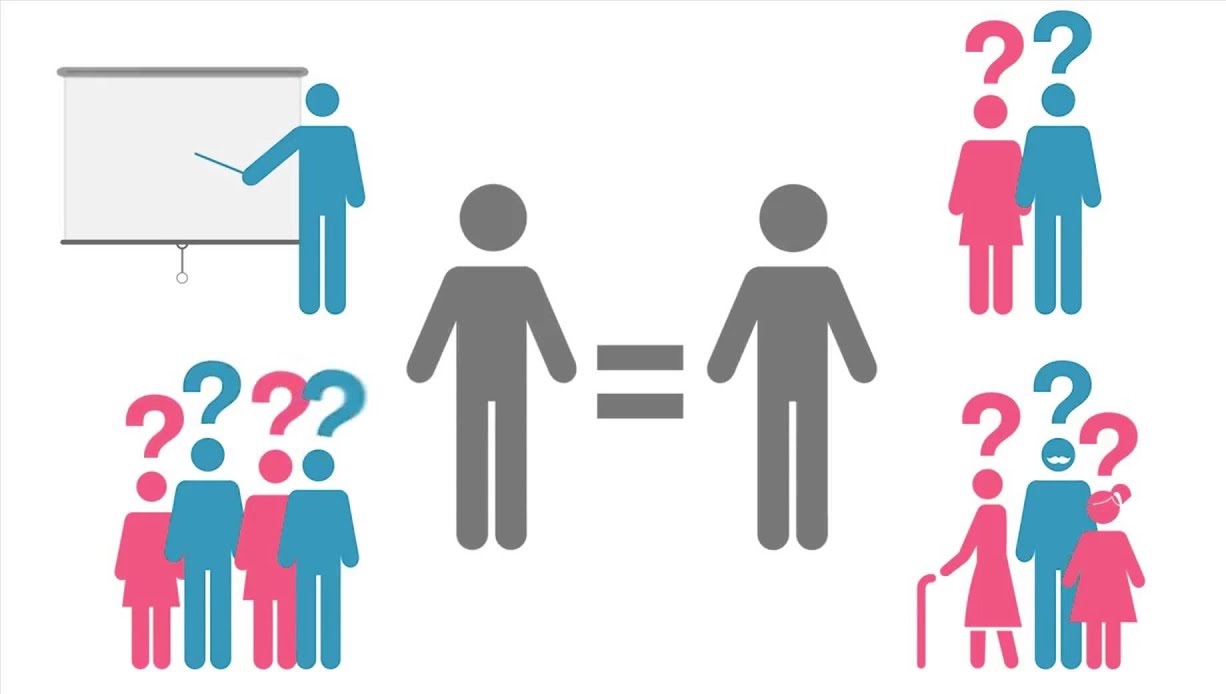The gender issue plays an important role in today's world, both politically and socially. While some are in favor of "finally" becoming a little more open here, there are many who are afraid of the so-called "gender madness.
Put simply, "gender" describes the fact that both one's sex and one's sexual orientation can be lived out in different ways.
In the meantime, science is also dealing with this exciting topic and is asking itself what role gendering played in a time when there was no word for it.
Gender - What does it actually mean?

The word gender comes from English, but is now also used in the German language. In scientific terms, it refers to the "gender identity of humans as a social category". Said categories refer, among other things, to self-perception, but also to role behavior - and to the behavior expected by society.
For a long period of time, science focused primarily on cisgendering. This is exactly what has been changing for some time. The LGBTQIA+ community came more and more into focus in this context.
Questions to be answered scientifically with regard to gender include "What role does which gender play in society?" and "How has the gender order changed over time?"
With the help of the corresponding results, disadvantages are then ultimately to be reduced.
What do those who are not comfortable with gendering criticize?
Critics who are predominantly negative on the subject of gender, repeatedly accuse the proponents of wanting to abolish gender in general. Of course, however, this is a generalization. Not everyone who gendert wants to abolish genders. Often it is simply a matter of not discriminating against anyone if possible, and perhaps also of considering whether there is "perhaps more than "just" male or female" after all.
However, this theory is often met with incomprehension by particularly devout people. Here, the thinking in two genders is mostly still very widespread.
What do gender and family have to do with each other?
If you combine the thought "There are only two sexes!", a traditional distribution of roles and a classical way of thinking, you will quickly see why many gender opponents see in gendering (and the way of life associated with it) a "danger to the family".
In the traditional understanding of roles, the "only true family" consists of father, mother and child or children.
In this context, same-sex couples who are allowed to marry and adopt children are considered "not right" by many.
Here, at the latest, it becomes clear that gendering is by no means just about speaking in a particular way and adding an ":inside" to various words. Rather, gender is a kind of attitude to life that is largely capable of strengthening the community.
At the same time, of course, cis people should not be denied their rights. It is merely a matter of not putting others, for example queers, at a disadvantage.
Gender - an emotionally charged topic
The topic of gender is one that many compare to "a sting in the wasps' nest". And indeed, tempers quickly flare when gendering, gender diversity, etc. are discussed.
In the meantime, many parties are taking advantage of this fact. They try to make their point in this way. And here, too, it's usually about much more than "just" the famous ":in," but almost a kind of worldview.

So simply put, gender is the gender you identify as, right?